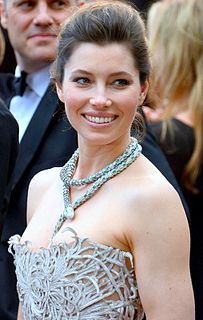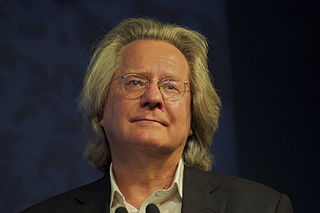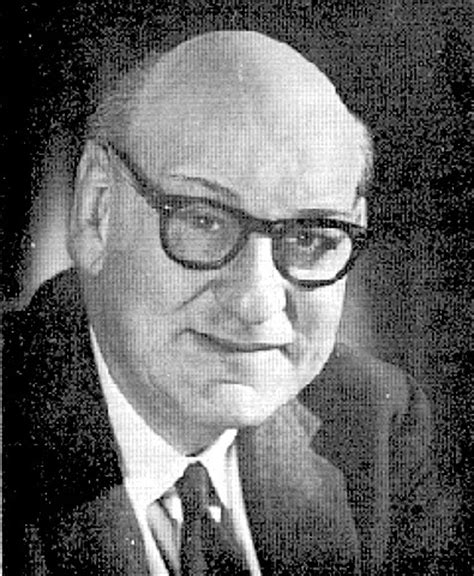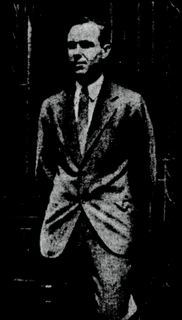A Quote by Alice Roberts
I find humanism to be the most rational and positive philosophy for life. And it's not a new thing at all - the history of humanist thought is deep and inspiring.
Related Quotes
Humanism is an approach to life which encourages ethical and fulfilling living on the basis of reason and humanity, and rejects superstition and religion. The most immediate impact of living as a Humanist is that we believe this life is all there is - so what we do and the choices we make really count.
In contemporary society secular humanism has been singled out by critics and proponents alike as a position sharply distinguishable from any religious formulation. Religious fundamentalists in the United States have waged a campaign against secular humanism, claiming that it is a rival "religion" and seeking to root it out from American public life. Secular humanism is avowedly non-religious. It is a eupraxsophy (good practical wisdom), which draws its basic principles and ethical values from science, ethics, and philosophy.
Every positive thing in your life represents a single unique blessing. Every negative thing in your life has the opportunity to become a double blessing. For when you turn a negative into a positive, you gain twice. You are no longer burdened with the negative situation, and in addition to that you are strengthened by a new positive force.
Philosophy is not a body of knowledge to impart to someone, that's why reading philosophy books isn't always the best way of learning philosophy. Philosophy is really more the process of rational engagement, rational reflection with a diversity of views and ideas and opinions and trying to sort of reason your way through to a more reflective position. I think if you look at it that way, philosophizing is to some extent some small way a part of almost everyone's lives although they don't recognize it as such and a lot of people are embarrassed about it.
A history of civilization shares the presumptuousness of every philosophical enterprise: it offers the ridiculous spectacle of a fragment expounding the whole. Like philosophy, such a venture has no rational excuse, and is at best but a brave stupidity; but let us hope that, like philosophy, it will always lure some rash spirits into its fatal depths.





































